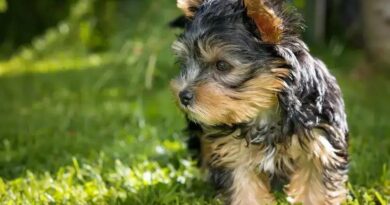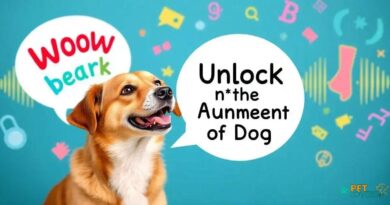What is Relações de poder
What is Relações de poder?
Relações de poder referem-se à dinâmica que existe entre indivíduos ou grupos, onde um exerce influência ou controle sobre o outro. No contexto dos cães, isso pode se manifestar nas interações entre cães e seus donos, bem como entre cães de diferentes raças ou hierarquias sociais. Entender essas relações é fundamental para promover um ambiente saudável e equilibrado para os animais.
Understanding Power Dynamics in Dog Behavior
Power dynamics in dog behavior can be observed in various situations, such as during playtime, feeding, or training sessions. Dogs often establish their own social hierarchies, which can lead to competition for resources. Recognizing these behaviors helps owners manage their pets more effectively and ensures that all dogs feel secure and valued within their environment.
The Role of Leadership in Dog Training
Effective leadership is crucial in establishing positive power relations between dogs and their owners. A strong leader provides guidance and structure, which helps dogs understand their place within the household. This leadership fosters trust and respect, making training sessions more productive and enjoyable for both the dog and the owner.
Social Hierarchies Among Dogs
Dogs naturally form social hierarchies, which can influence their interactions with one another. Understanding these hierarchies is essential for dog owners, as it can prevent conflicts and promote harmonious relationships. Observing how dogs interact can provide insights into their social structures and help owners facilitate better play and socialization opportunities.
Power Struggles and Their Impact
Power struggles can arise when dogs feel threatened or challenged by other dogs or even their owners. These struggles can lead to aggression or anxiety if not addressed properly. It is important for dog owners to recognize the signs of a power struggle and intervene appropriately to restore balance and ensure the well-being of all dogs involved.
Positive Reinforcement and Power Relations
Utilizing positive reinforcement techniques can significantly improve power relations between dogs and their owners. By rewarding desired behaviors, owners can encourage their dogs to follow commands and establish a cooperative relationship. This approach not only strengthens the bond between dog and owner but also promotes a sense of security for the dog.
Understanding Canine Body Language
Canine body language plays a vital role in understanding power dynamics among dogs. By observing a dog’s posture, facial expressions, and tail position, owners can gain insights into their emotional state and intentions. This understanding allows for better communication and helps prevent misunderstandings that could lead to conflicts.
Managing Multi-Dog Households
In multi-dog households, managing power relations becomes even more critical. Owners must be aware of each dog’s personality and social standing to ensure a peaceful coexistence. Implementing structured routines, providing individual attention, and monitoring interactions can help maintain harmony among the dogs.
Power Relations in Dog Training Classes
Dog training classes often highlight the importance of power relations in a group setting. In these environments, dogs learn to navigate social interactions while under the guidance of their owners and trainers. Understanding how to manage these dynamics can lead to more effective training outcomes and a better overall experience for both dogs and their owners.
The Importance of Socialization for Dogs
Socialization is key to helping dogs develop healthy power relations with other dogs and humans. Exposing dogs to various environments, people, and other animals allows them to learn appropriate behaviors and responses. This exposure reduces the likelihood of fear-based reactions and promotes confidence, leading to more balanced relationships.




